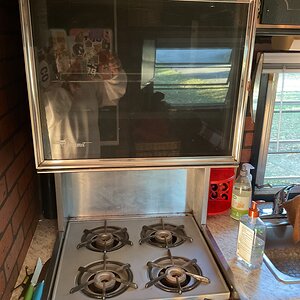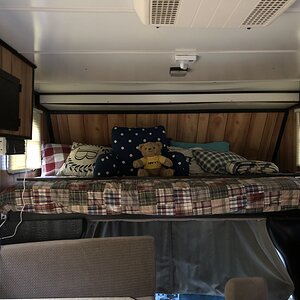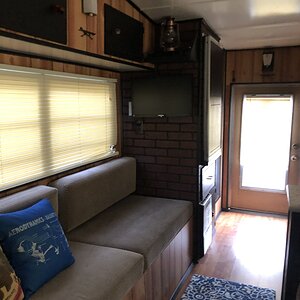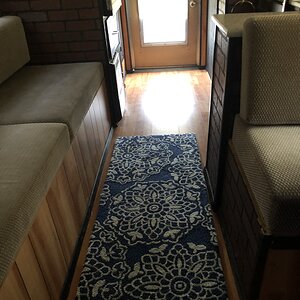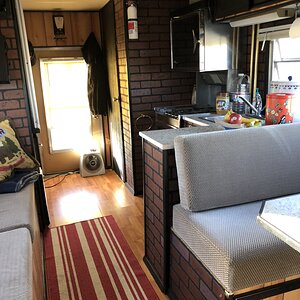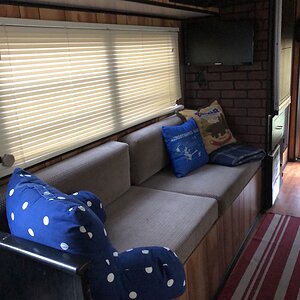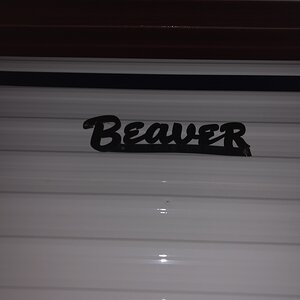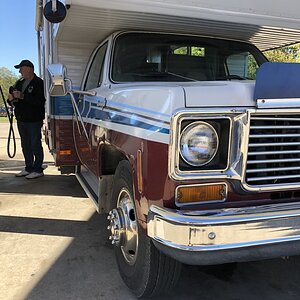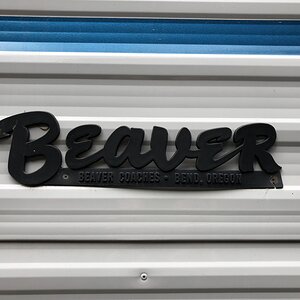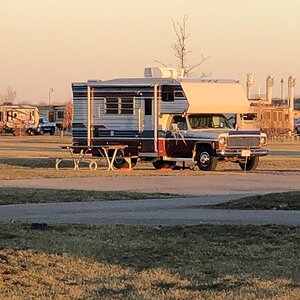Joe Hogan
RVF Supporter
- Joined
- Nov 3, 2019
- Messages
- 3,255
- Location
- Florida
- RV Year
- 2024
- RV Make
- Newmar
- RV Model
- Dutch Star 4311
- RV Length
- 43
- Chassis
- Spartan
- Engine
- Cummins
- TOW/TOAD
- 2018 Ford Flex
- Fulltimer
- No
Some interesting discussion on the House Wiring post.
When do you use automotive grade connectors vs household type connectors??
Granted the RV environment is much more demanding than a standard stick and brick application.
Kevin brought up some good points on this. The constant vibrations and flexing during travel of a RV far exceeds the design limits of most S&B electrical connectors.
Preparing to install the Hughes Autoformer Surge Protector combo. These connectors will all be HD Hughes connectors but connectors all the same. These wires will carry lots of current, are out of the way not easily checked and if loose can get hot, real hot.
Any tips?
General experience using various connectors in the RV is welcomed.
When do you use automotive grade connectors vs household type connectors??
Granted the RV environment is much more demanding than a standard stick and brick application.
Kevin brought up some good points on this. The constant vibrations and flexing during travel of a RV far exceeds the design limits of most S&B electrical connectors.
Preparing to install the Hughes Autoformer Surge Protector combo. These connectors will all be HD Hughes connectors but connectors all the same. These wires will carry lots of current, are out of the way not easily checked and if loose can get hot, real hot.
Any tips?
General experience using various connectors in the RV is welcomed.


